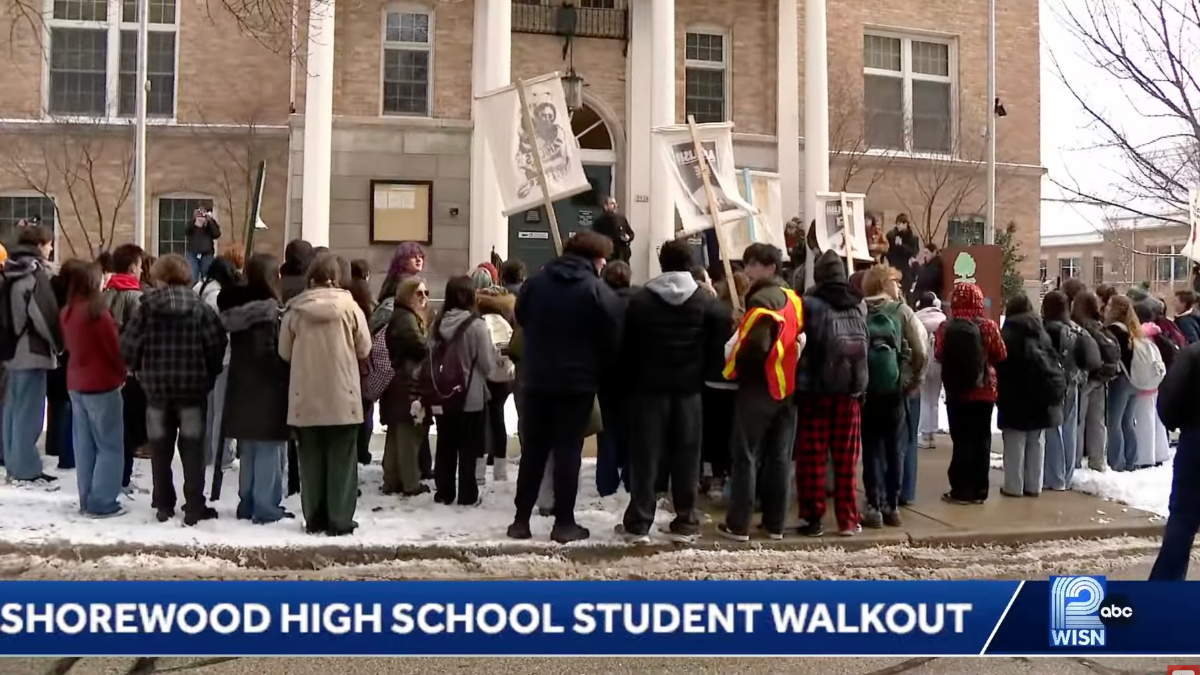Senate Nearing ‘Three-Legged’ Deal to End Government Shutdown: Report
A recent report outlines emerging components of a potential deal to end the ongoing federal government shutdown, though it remains uncertain when or if the deal will come together. The so-called “three-legged” plan includes three key elements: a Senate vote to extend Affordable Care Act tax credits,a continuing resolution to allow more time for budget negotiations for the fiscal year starting October 1,and a vote on funding for military construction,the legislative branch,and agriculture. Senate leaders express cautious optimism about progress, but disagreements persist, notably over the length of the continuing resolution. Some senators advocate for funding through mid-December, while others support extending it to January to avoid problematic late-year omnibus spending bills. House leaders agree that if a reopening bill passes,funding should ideally extend through January to avoid last-minute budget crises around the holidays. The health care tax credits vote is crucial, even though it is indeed unclear whether it will require a simple majority or a 60-vote threshold in the Senate. Senate Majority Leader John Thune indicated optimism about a vote occurring soon but warned that progress must be visible by midweek to finalize a deal before the week’s end. lawmakers acknowledge the shutdown’s negative impact and express a desire to resolve it promptly.
A new report says components of a deal to end the federal government shutdown have emerged, but it is unclear when or if all the pieces will actually fall into place.
A report from Axios said what it called the “three-legged” plan has three pieces — a Senate vote on Affordable Care Act tax credits, a continuing resolution that gives negotiators time to work out a budget for the rest of the federal fiscal year, which began Oct. 1, and a vote on a bill to fund military construction, the legislative branch, and agriculture-related spending.
“I think we’re getting close to an off-ramp here,” Senate Majority Leader John Thune, a Republican from South Dakota, said.
Senate Minority Whip Dick Durbin, an Illinois Democrat, said leaders “seem more optimistic” of a breakthrough.
The length of a continuing resolution to fund the government is one point of contention.
Before Senate Democrats sent the government into shutdown, a House-passed bill proposed funding the government through Nov. 21.
If the Senate cuts a deal to reopen the government, the House needs to come back and pass the bill, extending that date in the process.
Republican Sen. Susan Collins of Maine has said she wants a mid-December date, saying she fears that if the date is pushed back to January, a year-old continuing resolution would take the place of a budget.
However, Republican Sen. Ron Johnson of Wisconsin said he supports a January date.
The health care tax credits issue, which was central to the shutdown, would be resolved with a Senate vote on extending the credits as Democrats want.
The Axios report said it was unclear whether Democrats would need enough GOP support to clear the 60-vote threshold or just a simple majority.
Thune said Monday he was “optimistic” the Senate could vote this week on reopening the government.
“But if we don’t start seeing some progress or evidence of that by at least the middle of this week, it’s hard to see how we would finish anything by the end of the week,” he said, according to Newsweek.
“There are people who realize this has gone on long enough and there’s been enough pain inflicted on the American people, and it’s time to end it,” Thune said, according to CBS News.
House Speaker Mike Johnson, a Louisiana Republican, said he prefers that if a bill comes to the House to reopen the government, it funds operations through January.
“I am not a fan of extending it to December, because, let’s be frank, a lot of people around here have PTSD about Christmas omnibus spending bills. We don’t want to do that. It gets too close, and we don’t want to have that risk. We’re not doing that. Too many people have concerns,” he said, referencing past budget votes that have come as Christmas loomed.
“I think putting it into January makes sense, but we’ve got to obviously build consensus around that. There’s some discussion about it. We’ll see where it lands. I’m not sure,” he said.
House Appropriations Committee Chairman Tom Cole, an Oklahoma Republican, said he also prefers a January end date, according to Fox News.
“In both chambers, both parties, there’s a dread of what’s called the Christmas omnibus, where we put you right up to the edge of Christmas, and they don’t let you go home to your family until you pass a God awful omnibus bill. We don’t want to do that to our members,” he said.
Advertise with The Western Journal and reach millions of highly engaged readers, while supporting our work. Advertise Today.
" Conservative News Daily does not always share or support the views and opinions expressed here; they are just those of the writer."


